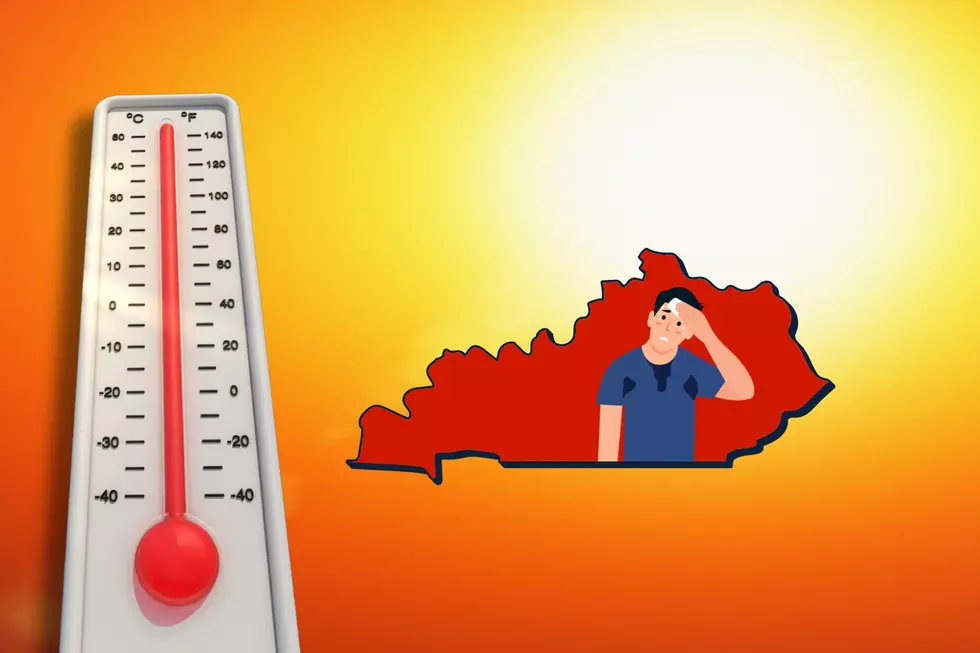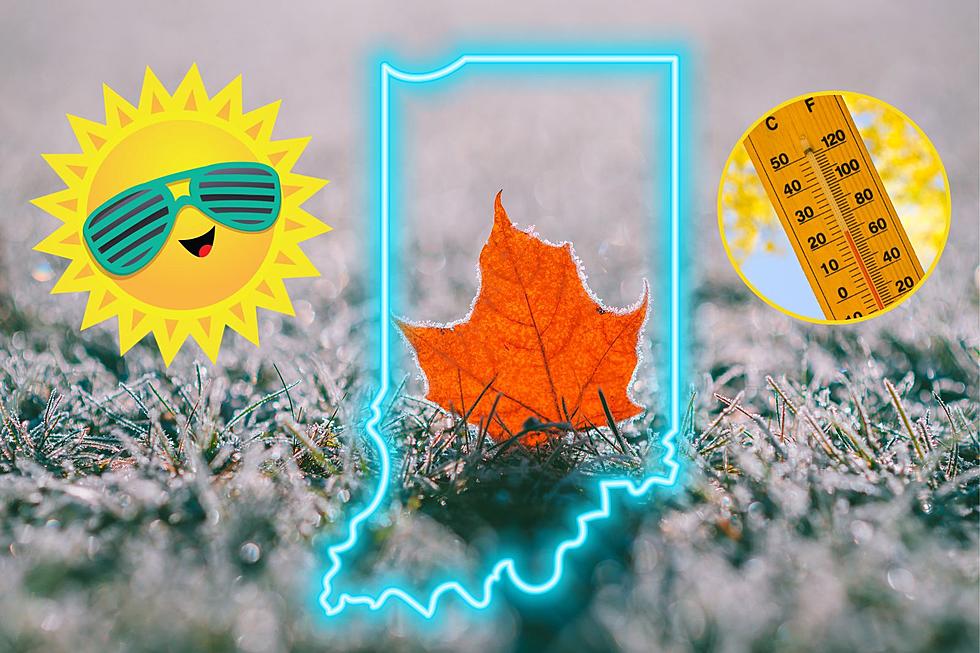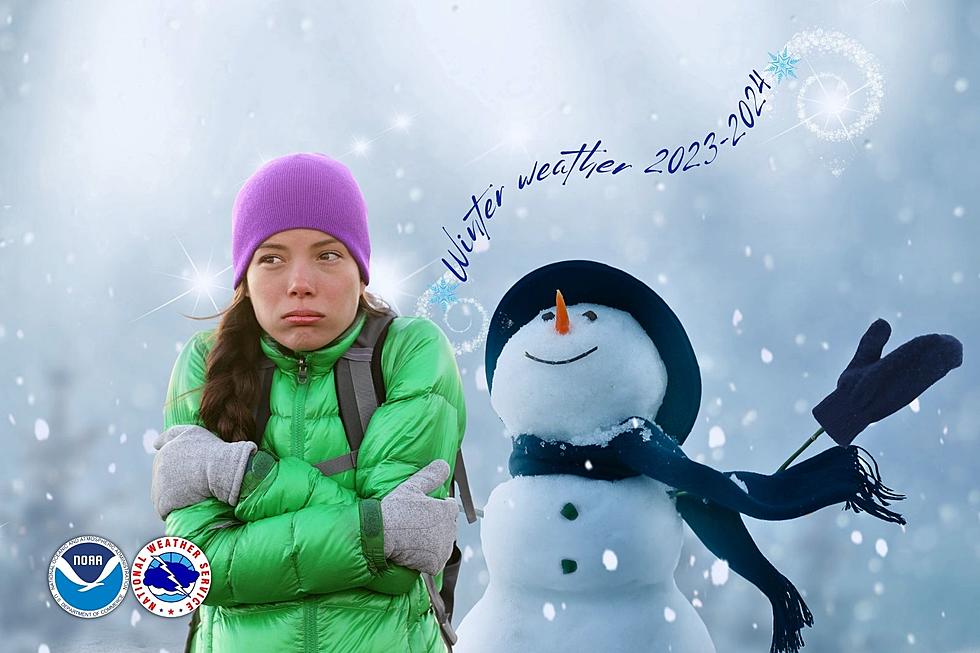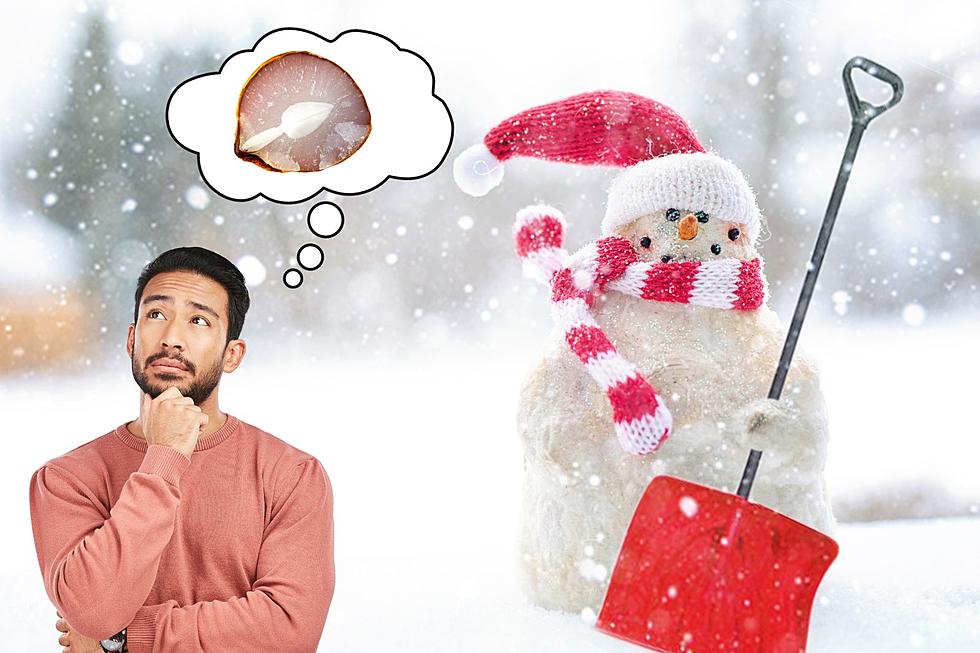
Fact or Folklore? 5 Ways Nature Predicts Winter Weather in Southern Indiana, Kentucky and Illinois
Recently the Tri-State School Closings & Weather Facebook group shared some photos of wooly worms. That spurred the conversation about what type of winter are we in for here in the Tri-State.
After doing some research, I found out that it's not just our fuzzy woolly bear worms that have snow predicting skills. Nature has a lot of different ways to help us prepare for a tough winter season.
Woolly Bear Worms
Of course, we have to start with our woolly friends. Some people will call them caterpillars, but we will stick to woolly worms. Most scientists will say that the woolly bear worm study wasn't done on a large enough scale to have real meaning. But according to the Farmers' Almanac, "If the rusty band is wide, then it will be a mild winter. The more black there is, the more severe the winter. Note that white, yellow, or other colors of fuzzy caterpillars are NOT the same type of woolly worm and are not used for weather forecasting."
Boonville IN this was the other day. I had always heard dark meant cold winter:

Pets Growing Thicker Coats
I have always heard that this winter-predicting idea is true. I grew up with some animals that were kept outside, including a cat. Once I was able to keep my cat indoors, I remember that her coat didn't get as full in the winter months.
Aching Joints
This sounds like a very 'Liberty' way to predict winter weather, and it is, but I know that I'm not the only one. I do get achy when it's going to rain, but snow and ice are on a whole different level.
Web of Winter
I really don't see a lot of actual spiderwebs. The spiders around our house seem to just fall from one little string. But, if you see a spider spinning a really large web in the fall, you can expect that frost is on the way and a very cold winter.
Tough Skin = Harsh Winter
This weather predicting tip from nature comes from fruits and veggies. If you are finding it difficult to shuck corn, bite into an apple or cut an onion, we could be in for a harsh winter. Sidenote, I'd rather be stuck in a blizzard than cut into an onion!
7 Invasive Insects in Indiana You Should Kill Immediately If You See Them
KEEP READING: Get answers to 51 of the most frequently asked weather questions...
More From My WJLT 105.3









